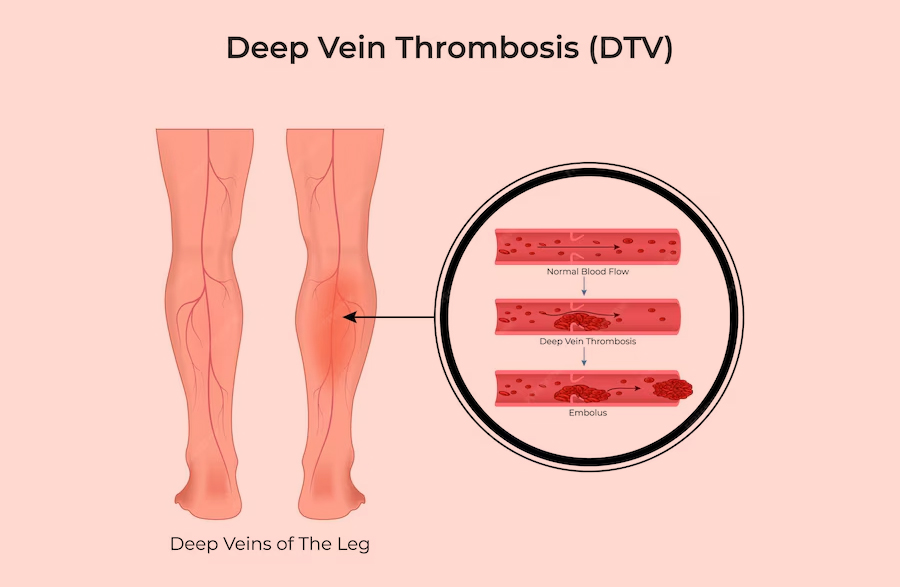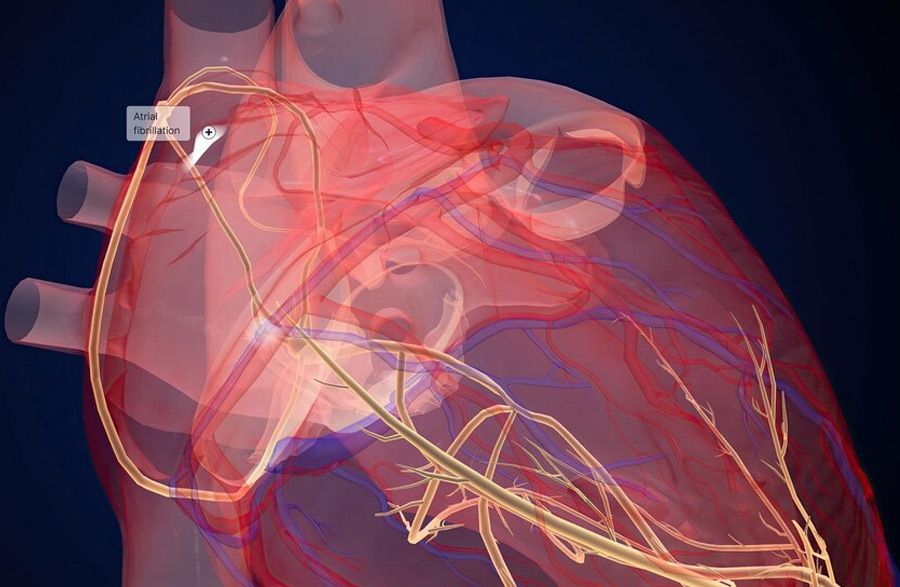
Travelling can be considered as one of the most loved hobbies of people, but did you know it can challenge your heart? The risk increases two-fold when crossing cities or countries with different time zones. This is because jet lag disrupts your body’s internal clock, affecting cardiovascular functions. For those with pre-existing heart conditions or risk factors, understanding these effects is vital for safe travel. We spoke to Dr PRLN Prasad, Consultant - Interventional Cardiologist, Gleneagles BGS Hospital, Kengeri, Bengaluru, who explained the role of time zones and jet lag on cardiovascular function.
Table of Content:-
How Time Zones and Jet Lag Affect Your Body

When you quickly cross time zones, your internal biological clock struggles to adjust, causing jet lag. According to a 2008 study, jet lag is a condition caused by a disruption in the body's internal clock and commonly affects air travellers crossing five or more time zones. It is usually more severe after flying eastward compared to westward. As a result, there is a disruption in the sleep-wake cycle, which affects heart rate, blood pressure, and hormone regulation.
Circadian Rhythm Disruption
“The circadian rhythm has a key role in regulating heart rate and blood pressure. It can disturb this rhythm, leading to temporary spikes in blood pressure or irregular heartbeats. Repeated disruptions may increase the risk of cardiovascular issues,” said Dr Prasad. According to the British Heart Foundation, people with irregular sleep schedules, such as night shifts, are at an increased risk of developing cardiovascular diseases.
Stress on the Heart

Travelling can also be stressful, with long hours of sitting, dehydration, and diet changes. Stress releases adrenaline, increasing heart rate and blood pressure, potentially straining the cardiovascular system.
Also Read: Is Your Bathroom a Hidden Risk Factor for Heart Attacks? Here's What You Need to Know
Sleep Deprivation
“Sleep is crucial for heart health as it allows the body to recover and regulate blood pressure. Jet lag-induced sleep deprivation increases cortisol levels, which can elevate blood pressure and increase the risk of heart events in those with pre-existing conditions,” added Dr Prasad.
Dehydration and Low Oxygen Levels

Did you know aeroplane cabins have lower oxygen levels and humidity? This leads to dehydration and thicker blood, increasing the risk of blood clots, particularly for those at risk of Deep Vein Thrombosis (DVT) or pulmonary embolism.
Who Is at Risk?
While healthy individuals may quickly adapt to jet lag, those with certain conditions should be cautious:

Hypertension: Elevated blood pressure during travel can worsen hypertension.
Arrhythmias: People with irregular heart rhythms may experience worsening symptoms due to stress, lack of sleep, or dehydration.
Coronary Artery Disease (CAD): Stress and rhythm disturbances can increase the risk of angina or heart attack.
History of Blood Clots: Prolonged immobility during flights increases the risk of DVT or pulmonary embolism.
Also Read: Can Skipping Meals Increase Your Risk Of Heart Disease?
Tips for Protecting Your Heart While Traveling
Follow these heart-healthy tips listed by Dr Prasad:

Plan Ahead: Adjust your sleep and meal times to the destination time zone a few days before departure to help your body adapt.
Stay Active: Take breaks to stretch and walk around the cabin. Compression stockings can improve circulation and reduce clot risks.
Hydrate Adequately: Drink plenty of water throughout your journey and avoid excessive alcohol or caffeine, which can worsen dehydration and disrupt sleep.
Maintain a Healthy Diet: Choose light, nutritious meals to avoid high blood pressure and water retention caused by heavy, salty foods.
Prioritise Sleep: Use eye masks, earplugs, or neck pillows for comfort, and consider melatonin supplements to reset your sleep cycle (consult your doctor first).
Manage Stress: Practice relaxation techniques like deep breathing or meditation to reduce stress during your travels.
Monitor Your Health: If you have a pre-existing heart condition, consult your cardiologist before travelling. Carry medications, medical records, and emergency contact information. Adjust medication schedules as needed with your doctor’s guidance.
When to Seek Medical Help
While most adapt to time zone changes without major issues, watching these warning signs is a must:
- Persistent chest pain
- Shortness of breath
- Dizziness or fainting
- Swelling in the legs or unusual pain (possible sign of DVT)
Bottomline
Dr Prasad concluded, “Travelling across time zones is an exciting way to explore, but it’s important to be mindful of its impact on your heart. By planning, staying hydrated, managing stress, and maintaining a healthy lifestyle, you can reduce risks and enjoy your journey safely. For those with pre-existing conditions, consulting a cardiologist before long trips is essential to ensure your heart is ready for the adventure. With preparation, you can protect your cardiovascular health and make the most of your travels.”
[Disclaimer: This article contains information provided by an expert and is for informational purposes only. Hence, we advise you to consult your professional if you are dealing with any health issues to avoid complications.]
Also watch this video
How we keep this article up to date:
We work with experts and keep a close eye on the latest in health and wellness. Whenever there is a new research or helpful information, we update our articles with accurate and useful advice.
Current Version
